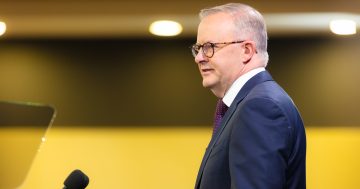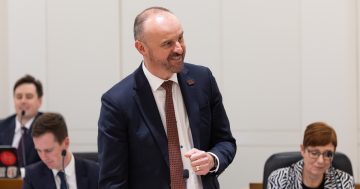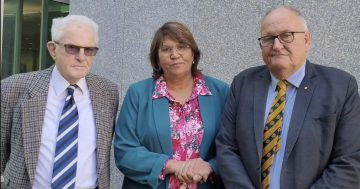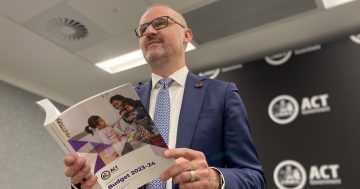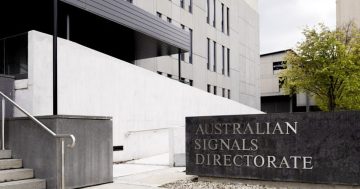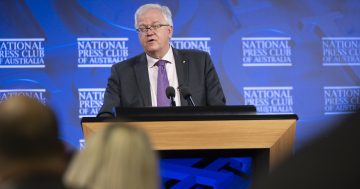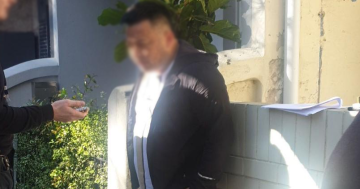If your social media feed is infested with politicians, blame not only the election but the fact that you live in the ACT.
ANU politics and marketing specialist Dr Andrew Hughes says that Canberrans are on the pointy end of some of the most intensive digital marketing in the country, even if it sometimes misfires.
“All the ACT candidates are very engaged in social media,” Hughes says. “They have good pages, they’re quite talkative, there’s lots of personalisation.
“Having said that, some are using it better than others. Andrew Leigh, for example, is very heavy on the political ads and the central office campaign messaging. Zed Seselja is much the same although he’s personalised his site more with photos of his wife and family.
“Jonathan Davis who is the Greens candidate for Bean has a very conversational web presence, the language he uses is like he’s having a chat with you directly which is what you need to do on social media.” He notes the same digital skills from Green senate candidate Penny Kyburz, whose background is in video game design.
He speculates that much of the major party messaging seems to come directly from head campaign office and can look very generic, even when local events and funding promises are introduced.
Hughes says the “dark advertising” is where it gets really interesting, but where campaigns can also go off the rails. Data harvested from social media has long been used to target users with specific messaging, differentiating what each person sees in their social media feed.
But in a relatively small and socially level town like Canberra, where you live, work and how you spend your spare time doesn’t necessarily indicate as much about you and your vote as it would in larger cities. And the ANU lecturer says that probably accounts for why Facebook seems to have decided that he’s actually a small business owner.
“The Liberals are telling me how to do tax write-offs, about tax cuts and how they’ll look after my income and develop a strong economy. They’ve localised the advertising by including ACT businesses they say have been helped by tax grants.”
“Labor are doing the same thing. I get messaging from them about fairer business systems for people like me. Plus, social media knows I’m a dad so they send me the childcare policy stuff too.” Hughes says this shows the dangers of missing the mark in social media marketing and looking stupid, or annoying people, or both.
He’s also noticed attempts to conflate local issues by matching Bill Shorten with Andrew Barr, exploiting high levels of voter confusion about the differences between ACT and Federal politics, the Senate and the House of Representatives.
“The volume of social media ads in the ACT is really really high, probably the highest number of ads we’ve seen in an election campaign. It’s very cheap to do and you can drill down to localised levels of concern about Zed Seselja, for example. There are lots of infrastructure ads promoting light rail and focusing on what Zed didn’t do for the ACT.”
“In a relatively small place like Canberra, many of us know our politicians quite well. It’s no longer just an ad in your feed, it’s a person you’ve seen down at the shops”.
Hughes says the Clive Palmer campaign doesn’t appear to have differentiated between NSW and ACT voters, so Canberrans are getting irrelevant messaging about Sydney issues, another digital own goal.
Other developments include the Dump Zed campaign being run by Unions ACT and “third party affiliations” campaigns, where, for example, environmental advocacy groups might direct you to a political site which will harvest data about what time you visited and where you clicked.
That tallies with campaigning trends that concentrate on influencing the narrative, rather than the direct vote. “The campaigner will engage you on an issue, discuss it quite broadly and then suggest that these four or five people are all really strong on this. It’s no longer about people saying vote for me, but vote for these bigger issues.”
And for what it’s worth, Hughes sees a close election in front of us. “We’re in different times in Australia because of factors like these,” he says. “We are moving more and more into tight governments. I think the days of the campaign landslide are over.”
How has your vote been targeted on social media?












